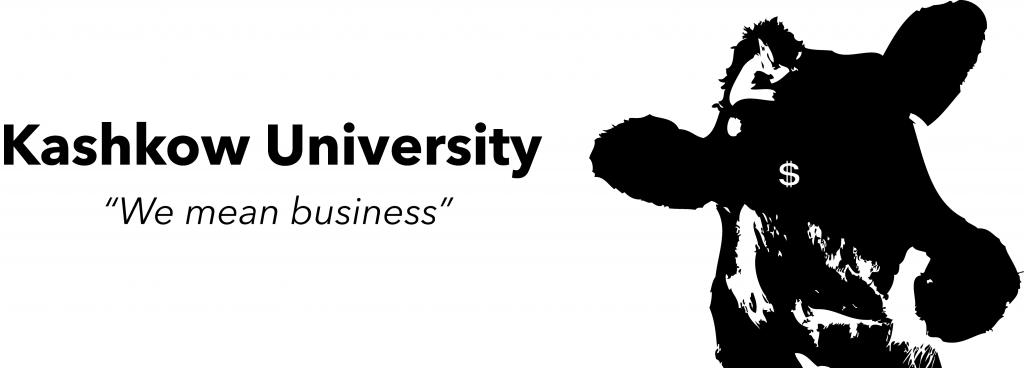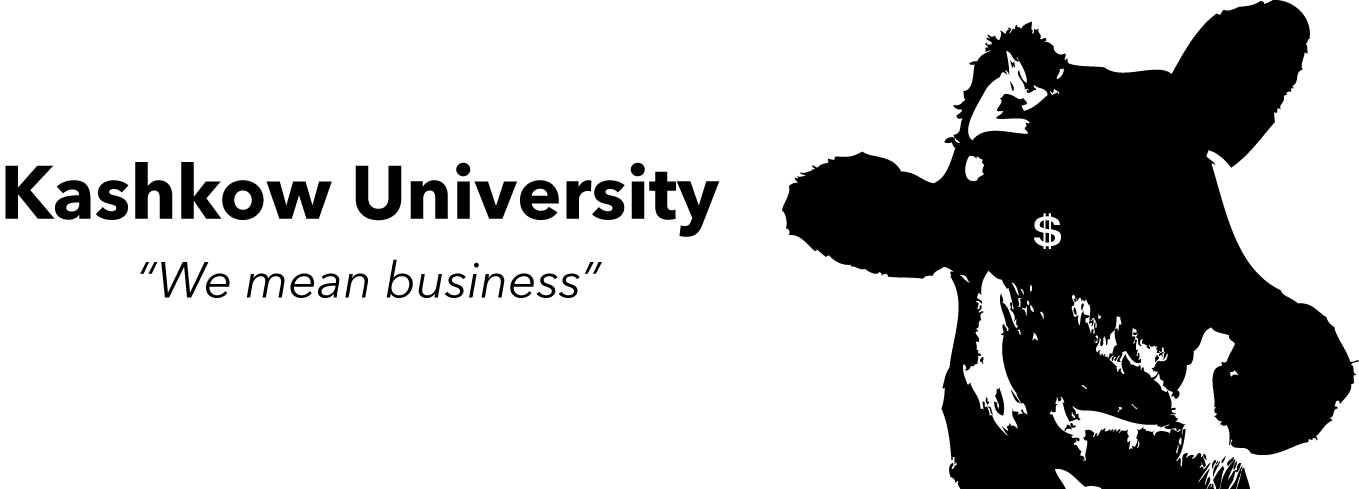In a breakthrough discovery, researchers have identified a significant causal factor in educational achievement. It involves sitting one’s ass down at a table and opening books.
The problem of the underlying causes of educational achievement have stymied geneticists for years. Back in the Progressive Era, eugenicists attributed most of the variance in IQ, or intelligence quotient–a test designed to measure educational achievement–to a single Mendelian gene. Today, geneticists are just as obsessed with the genetic causes of IQ. After years of study, they have succeeded in spreading the effect out over several genes, while whittling the genetic basis down to under two percent of the variation. A recent study in Science magazine found that all known genetic variations combined explained 1.98% of the variation in achievement; the largest single effect of a genetic variant was 0.02%.
A different approach was taken by a researcher who prefers to be known simply as “Miss Perkins.” With her half-moon glasses, her hair done up in a tidy bun, and her sensible shoes, she is the picture of an elementary school teacher. Which she is. Collecting data over more than 20 years of teaching social studies to 3rd, 4th, and 5th graders at Martin Luther Malcolm Kennedy Roosevelt Elementary and Middle School, in Slippery Rock, Missouri, she has found that studying (STUH-dee-ying) explains a whopping 60% of the variance in educational achievement–no matter whether it is measured in grade-point average, standardized test scores, or subjective evaluations.
Another 30% of the total variation can be attributed to parents teaching their kids to put their butts in the chair and keep them there, without videos, music, or cell phones to distract them. A further 8% was attributed to nutrition.
The results have rocked the biomedical world. “I’m literally stunned,” said Dick Dorkins, of the Society for the Prevention of Intelligent design, Teleology, Or Other Nonsense (SPITOON), a biological think tank in Tumwater, Washington. “I feel exactly like I did last week when I accidentally got TASERED at the end of a bar fight.”
Not all scientists are convinced by the results, which involve 573 children and 1,719,000,000,000 base pairs. Nicholas Spork, a genomicist at Kashkow University, best known for its discovery of the “Republican gene,” said that Perkins’s “one-size fits all” approach was a “pedagogical dinosaur.” He was pioneering a personalized education approach, he said, that would tailor standardized tests to an individual’s genome. He also said he had applied for a federal grant to buy fourteen new high-speed sequencers that would identify 2 trillion base pairs in 93 seconds. “It’s just a hunch of course,” Spork said with a conspiratorial wink, “but I have every confidence that, with enough venture capital, in ten years we can double the amount of variance explained by single-nucleotide polymorphisms” (or “snips”). That would bring the total to around 3 percent.
Meanwhile, Miss Perkins continues her study—and her students continue their studying. She teaches about 60 students a year, in two classes. Her most high-tech tools are a globe, in the corner, a whiteboard (without a projector), and a terrific set of dry-erase markers, ranging from deepest violet through the spectrum to cherry red. But that’s not all. “Over the summer, a parent donated me a set of grays and blacks,” she said proudly during a quiet moment in class. “They were expensive, but oh, this will help a great deal. Nothing’s too good for my kids. Derek! What do you think you’re doing? Sit down and be quiet this instant, or you’ll have extra homework!”



You must be logged in to post a comment.